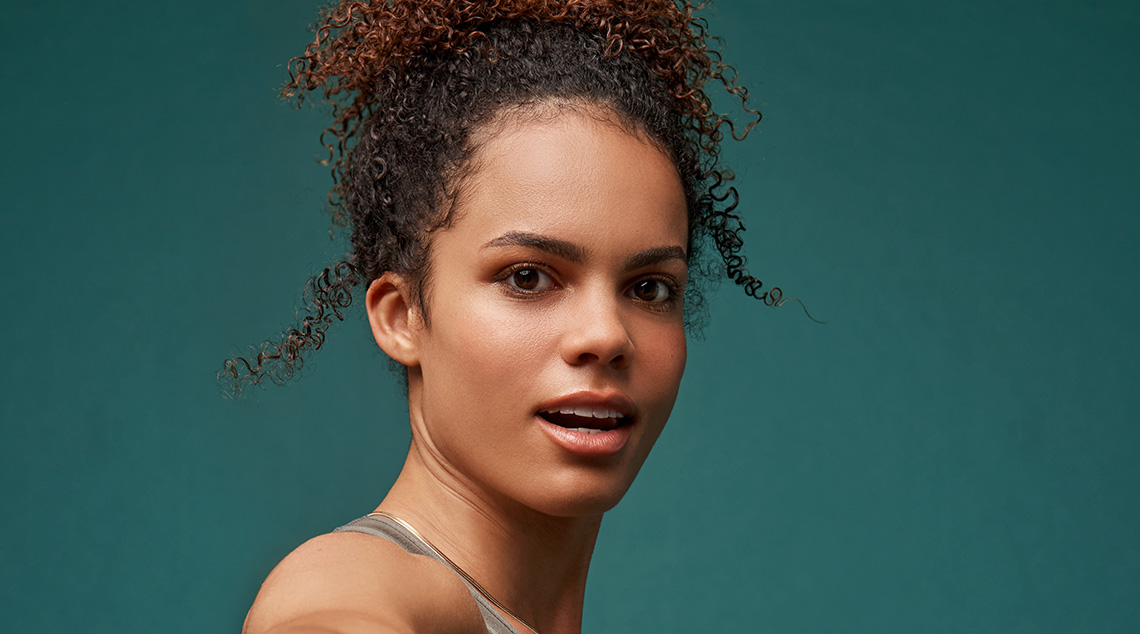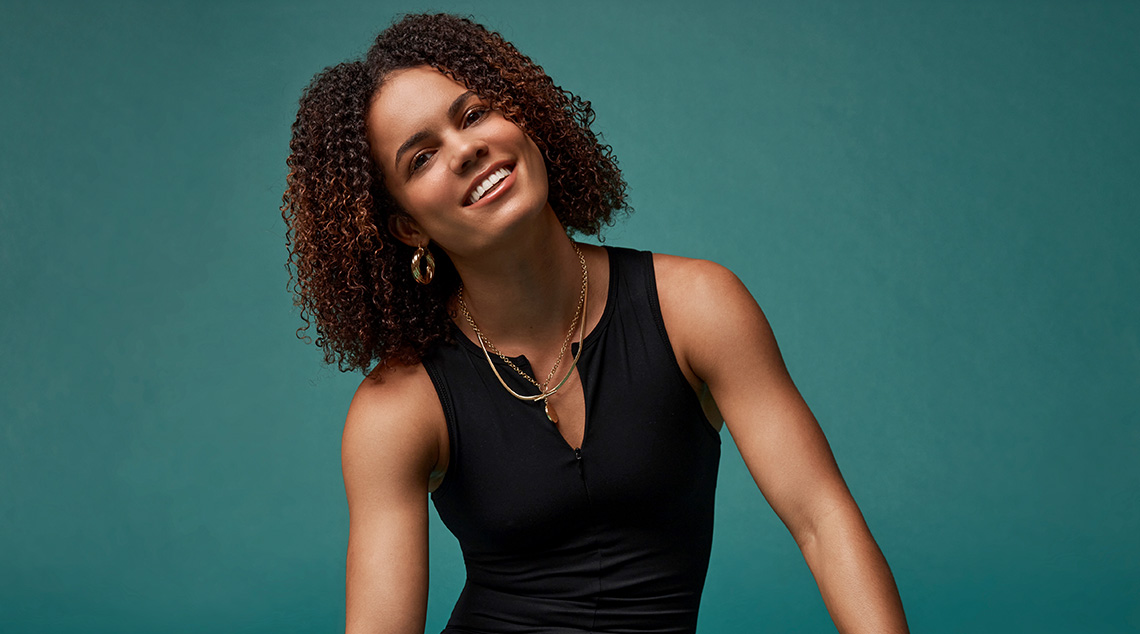The rise of Torrie Lewis: Australia’s sprinting sensation
At 19, Torrie Lewis has already made history as Australia’s fastest woman. Now she’s determined to continue breaking records and inspiring others.
Torrie Lewis might just be the most ambitious young woman in Australia.
She’s certainly the fastest.
Earlier this year, the 19-year-old became the fastest ever woman in the country after breaking the national all-time record for the 100m sprint.
This was followed by her equally impressive efforts in May to help Australia qualify for the 4x100m relay at the Paris Olympics.
Now, the rising athlete has set her sights firmly on qualifying for the 200m event at the Games, which start July 26, all the while juggling a degree in software engineering.
While it might sound like a lot of responsibility for a teenager, maturity and commitment come second nature to Torrie, having spent her formative years in competitive sport.
Balancing athletics and academics
“Even as a kid, I was good at seeing the bigger picture and learnt to prioritise what needed to be done first.
“So when I decided to pursue track full time in my early teens, I asked myself, ‘What can I do to get the best out of this and how can I achieve it?’” Torrie says.
At 16, she set her sights on a major goal: She wanted to qualify for the Olympics, and made a three-year plan to get there.
“The way I see it, this is the exact path I’m meant to be on in order to get to where I want to be and, frankly, expected to be,” Torrie says.
Her ambitious target was set in the thick of the pandemic, which created a challenging roadblock.
Having moved from Newcastle to Brisbane as lockdowns were enforced, she was separated from then coach Gerrard Keating and unable to train with anyone due to restrictions.
“I followed my coach’s guidelines over text and trained alone, which forced me to be accountable for myself and pull my head in.
“It ended up being the best testing grounds to see just how much I wanted this,” Torrie says.

Setting the pace
Even then, Torrie was aware that at 19, she would need to run an Australian record or something close to it, in order to qualify for a semi-final at the Olympics.
What she didn’t expect, however, was for things to fall into place so quickly.
“I wasn’t anticipating to break the record so early in the year, so it’s been a really encouraging past few months and I’m happy with how I’m travelling,” Torrie says.
She also credits her unlikely friendship with 86-year-old four-time Olympic gold medallist Dawn Fraser.
“When I started getting mentored by Dawn, I bought one of her autobiographies and learnt about everything she had to overcome at a time when there wasn’t as much support for women in sport,” Torrie says.
“It’s just so nice to talk to somebody who’s achieved all the things I want to do, and she’s actually pretty refreshing and down to earth.”
Among Torrie’s other influences is her mother Wendy, whose own inspiring story instilled a sense of determination in her daughter.
“Mum’s incredibly driven. When she was 16, she left her family in Switzerland to move back to England alone, got a job to support herself through university and is now working as a scientist,” she says.
Overcoming challenges
Torrie’s first passion was gymnastics, and the demanding nature of the sport gave her a strong sense of self-discipline and resilience, even when her coeliac diagnosis resulted in her giving up the sport for good.
Before she was diagnosed, she was so unwell, with no energy to properly train.
“The gym was intense — I think I was doing 20 hours a week,” she recalls.
“But quitting really forced me to get my coeliac under control and adapt to a gluten-free diet.”
By the time Torrie got on top of her health, her training was too far gone to get back to where it needed to be as a competitive gymnast, prompting her to instead turn to track.
“My coach discovered me at a track competition after observing my natural ability and things quickly built up from there,” Torrie says.
Looking ahead
It’s a complicated sport in the sense that the very women Torrie races against for individual sprints are also her relay teammates.
“It can feel conflicting, especially because relays and individual sprints are approached so differently. We all have different coaches and different techniques, right down to how we stretch,” she says.
As for how Torrie unwinds after a particularly gruelling training session, music is her go-to because of its ability to transport the listener.
“I’m a big music lover, but the self-care tip that can really make the world of difference is prioritising a good night’s sleep,” she says.
Not one to dwell on her accomplishments, Torrie is looking ahead, under the guidance of coach Andrew Iselin.
Breaking the record as Australia’s fastest ever woman is no small feat, but it’s just a stepping stone for what she wants to ultimately achieve, and she plans to keep breaking records.
“I’d love to break the record for the 200m because that’s my favourite race, in addition to becoming the first woman in Australia to be sub 11 seconds,” Torrie says.
Chemist Warehouse, in partnership with Athletics Australia, supports athletes from grassroots to elite level.
More inspiring stories:
- Rohan Browning: ‘Most of what I do in life is motivated by fun’
- Liz Clay: ‘I feel like I’ve had a second chance with my career’
- Lisa Curry on moving from heartbreak to happiness
- Eyes on the prize: How to tackle setbacks like an Olympian
- Athlete Morgan Mitchell: ‘It’s important to enjoy the present’
Written by Charlotte Brundrett.





